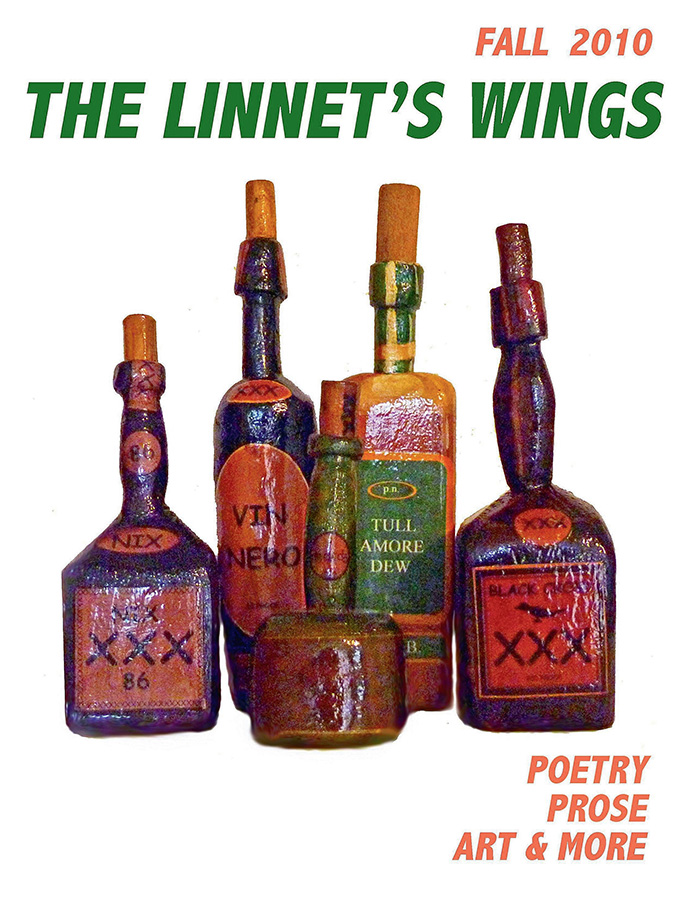
LW Archive Feature (Autumn 2010)
“We do not walk to arrive, but to remember."
A reedy path winds behind the chapel ruin, and the villagers say it was once a barefoot trail walked by women with bundles of salt, grief, and lace. No one speaks of the sixth stone marker,half-sunk and always warm to the touch,but Orla Merrin once drew it in charcoal and titled it “The Longing Gate."
We first explored pilgrimage in the 2010 Autumn issue of The Linnet’s Wings, a season thick with ancestral pull, thresholds crossed for reasons we barely understood. Back then, it was sacred wells, moonlit missions, and voices murmuring in cloisters. Now, in the village under Lough Owel, pilgrimage is quieter. It's the way Mrs. Flynn walks to the hill each morning to read aloud to her late brother. It's Apple Beth tracing forgotten script with her toes in the shore-mud. It’s the postman who never skips the church path, though it adds twenty minutes and an uphill haul.
Each journey here begins with intention, or accident, and becomes something else along the way. To go is to remember. To remember is to come home, changed.
|
Continue To 'The Echo Chamber'
Poetry: Day, Mannone, Pulier, Schwartz
|
|

In Take It, Holly Day delivers a visceral, surreal exploration of desire, fragmentation, and transformation. Wolf, bird, skeleton, and flame blur in a fevered dreamscape where the body becomes language and knowing burns through the boundaries of self.
|

In Perseid Fireflies, John C. Manonne merges cosmic motion with earthly wonder. As comet dust streaks the sky, meteors become fireflies, glass becomes atmosphere, and dawn arrives like a blade, cutting through night with luminous, poetic force.
|

In Prognosis Unclear, Anita S. Pulier reflects on aging, misdirection, and the surrender of searching. With maps unchecked and metaphors retired, the poem finds quiet dignity in accepting the ordinary and facing the inevitable with eyes wide and open-hearted.
|

In I Use To Think, G. David Schwartz delivers a sharp, humorous jab at self-worth and economics. With just a few lines, the poem shifts perception--suggesting that what feels like personal failure may just be a matter of circumstance.
|
Poetry: Maclin, Fitzpatrick, Orel
|
|

In Stargazer, Stephanie Maclin captures a winter morning's quiet defiance. Too cold to track constellations, the speaker looks inward--feet on pavement, wind in her face--yet holds a quiet certainty: she is not lost, and she will find her way home.
|
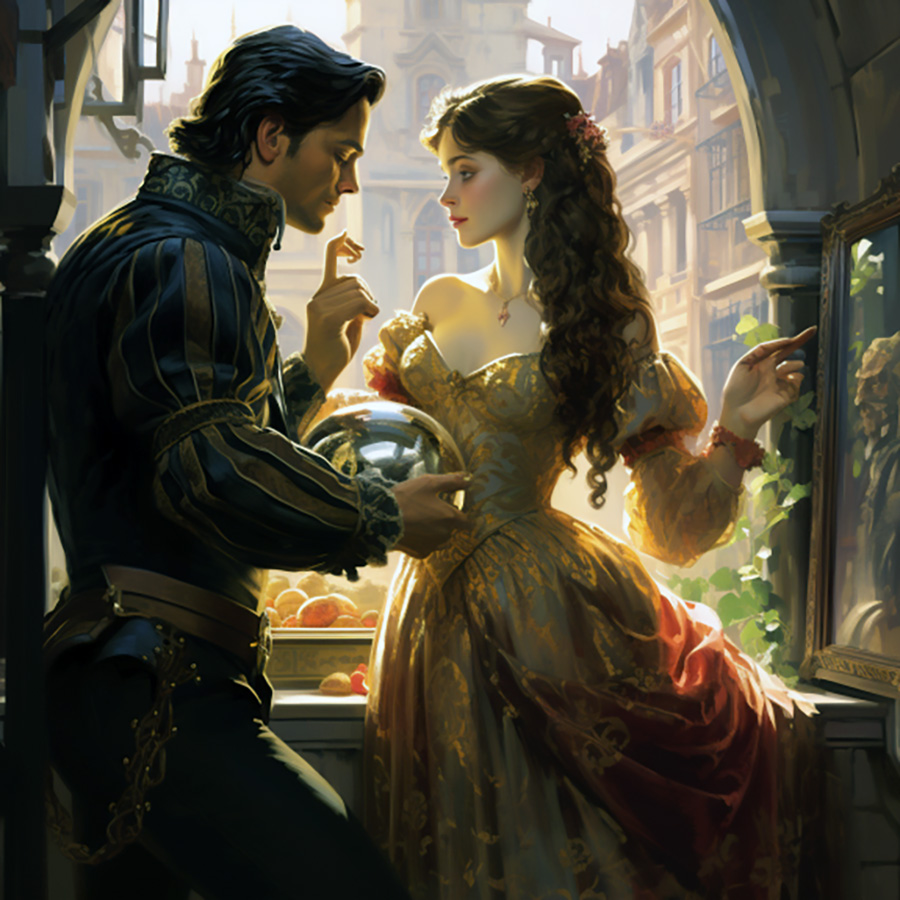
In Damsel, Stephanie Maclin reimagines Juliet not as tragic lover but as strategist and survivor. With poison, shroud, and blade, she writes her own escape. A fierce retelling where love is secondary to agency, and fairy tale tropes are weapons, not endings.
|
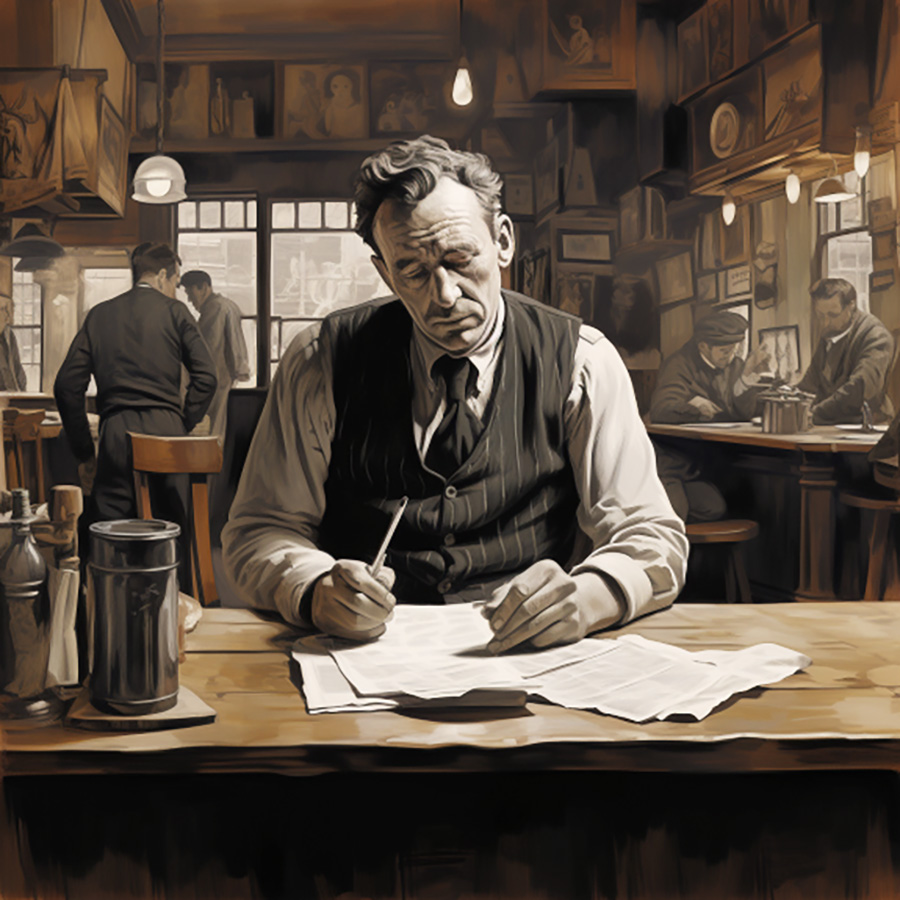
In A Man Who Drank, Mari Fitzpatrick reflects on memory, drink, and literary light. Once a figure of joy and quotes, the man now trembles--but finds steadiness in the words of na gCopaleen. A poem where reverence, ruin, and brilliance quietly intertwine.
|

In Postcard from Paris, Brigita Orel flips the romantic myth on its head with wit and woe: rain, a cold, a broken nose, and one disastrously misheard instruction. A sharp, funny take on travel expectations gone hilariously wrong.
|
Romasko, Friedrich, Sky, Landers
|
|

High above the city, Lena reflects on love, memory, and the shifting patterns of Berlin, where the past collides with the present. A story of reunification-- personal and political--told through vivid scenes, gentle irony, and a quietly transcendent gaze.
|

Constance maintains a spotless home and marriage until a note in her husband's suit pocket reveals a secret. A quiet, unsettling story of control, denial, and the domestic rituals that polish over betrayal.
|

In her treetop refuge, a ten-year-old girl awaits her birthday and the birth of her child, the result of abuse masked by silence. As fall stirs the Florida air, she clings to memory, dreams, and the promise of love, offering her birthday wish to Baby, year after year, forever.
|
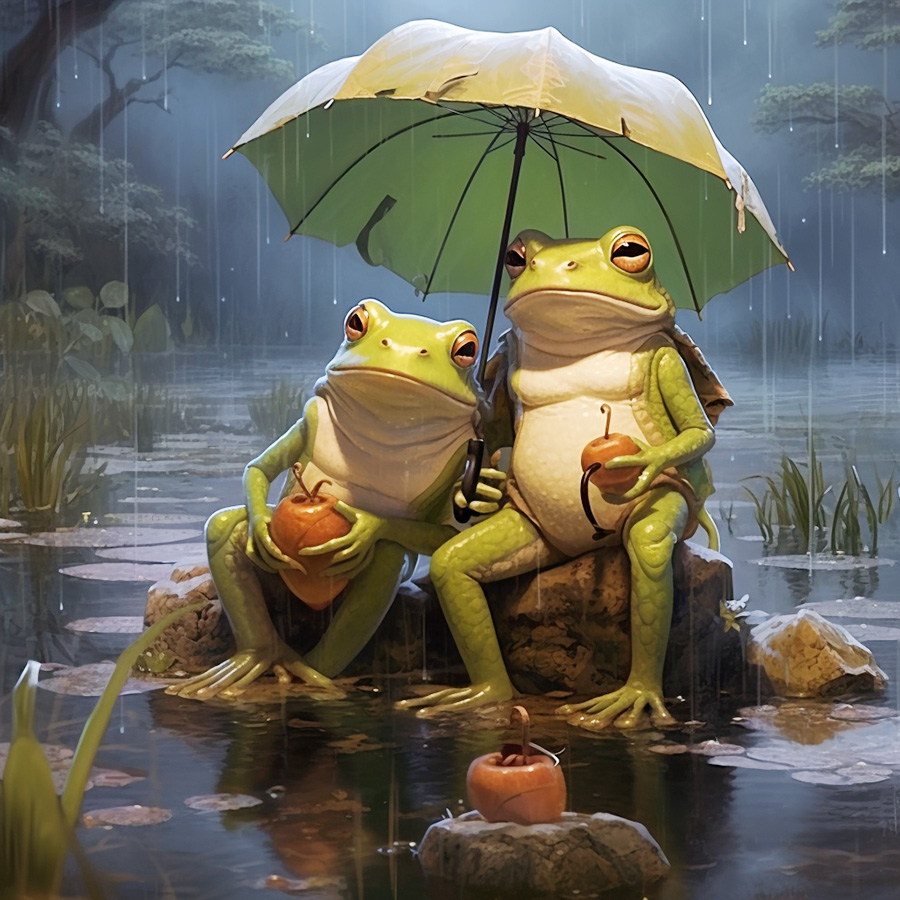
After six-foot-tall frogs rain from the sky, Charles Davis lands a surreal interview with amphibian presidential hopeful Ed E. Estivation. A satirical tale of evolution, journalism, and political metamorphosis in a world turned hilariously upside down.
|
|
|

In Boys of the Playground, Cyndi Gacosta captures the fierce innocence of childhood battles--imagined wars fought with air and spit, leaving bruises made of dirt and pride. A tender, gritty tribute to boyhood, play, and the ache of growing up too soon.
|

In Texting, Anita S. Pulier critiques our digital shorthand--where vowels vanish, punctuation fades, and language is reduced to pulp and emojis. A sharp, satirical meditation on what we lose when we trade depth for speed in human communication.
|

In NEVERTHELESS, Davide Trame captures a dawn train ride where beeps and routines echo the noise of modern life. Yet in the quiet sky and remembered bells, he finds something timeless--moments that touch eternity and quietly resist the rush of the day.
|

In The Corporate Current, Gloria Manuilova reflects on anonymity and accidental meaning in a city current. A passing stranger’s remark turns a park bench moment into revelation--reminding us that even the unnoticed can be landmarks in someone else’s story.
|
Spring , a Girl by Jennifer Sky
The light ran along the lime colored grass. She lay waiting for him, spread out like the carpeting of clover under her thighs, facing the sky. The day was soft and warm over her bare legs. The white silk sheath dress she wore no longer covered all of her, curves high and center left exposed and the pink lace fringe of little girl like panties.
She knew he was coming. Sometime. She needed him to fill the hollows left from her past--love lost.
Evening began to fall. The sky softened. Dripping like a watercolor painting, fresh on the paper, not yet dry, not yet set.
Peeking from between the folds of clover sprung patches of white blooms; weeds taking on a fancy air, dressed up for the coming of spring.
She sighed and rubbed her smooth palms over the ground, grabbing the white spurts and ripping them out. She rubbed the clumps of dusty white along the side of her face, she could feel the whispers of dew leaving tiny trains of moisture on her pink perfect skin.
She rubbed and waited.
Shadows rippled and morphed along the ground, changing like creatures in her childhood nights.
In the distance, on the other side of the hill, a group of dogs leaped at one another, mounting each other’s backs in fun and folly.
The beasts were closely watched by their human superiors; a group of couples and friends. People out for the end of the day before they returned to home, to dinner, to bed, to feel each other in the dark and lick the night away.
Spring wanted to be a couple again. She wanted to bathe with a man again, exploring, lapping, teasing needy parts. She wanted that decadence and so she waited. Hoping blindly, like love is, for the boy with the soft curls to come. To lie down beside her among the pollen and the weeds a-pretty.
She waited for him, for Fall, to lean in towards her. To collect her lips one at a time into his mouth, first the top, then the bottom; breathing her breath; sucking her in; and to tell her:
You, Spring, are beautiful.
Published in The Linnet's Wings Fall 2010
Poetry by Dyer, Classic Conrad, Illustrations by Nero

'Terrier Art' by Pepe Nero
|
|

Joseph Conrad's preface to Narcissus is a profound meditation on the purpose of art and the artist's task: to make us see, feel, and remember. It affirms the enduring truth found in beauty, mystery, and shared human experience across time, temperament, and silence.
|
|

A tender poem recalling a fleeting summer moment: children running through sprinklers, laughter mingling with the evening heat. The memory, though lost to the child, becomes a quiet treasure for the parent, one that will linger through seasons of reflection.
|
Story: Mintz. Elvy, Backer, Manuilovi
|
|
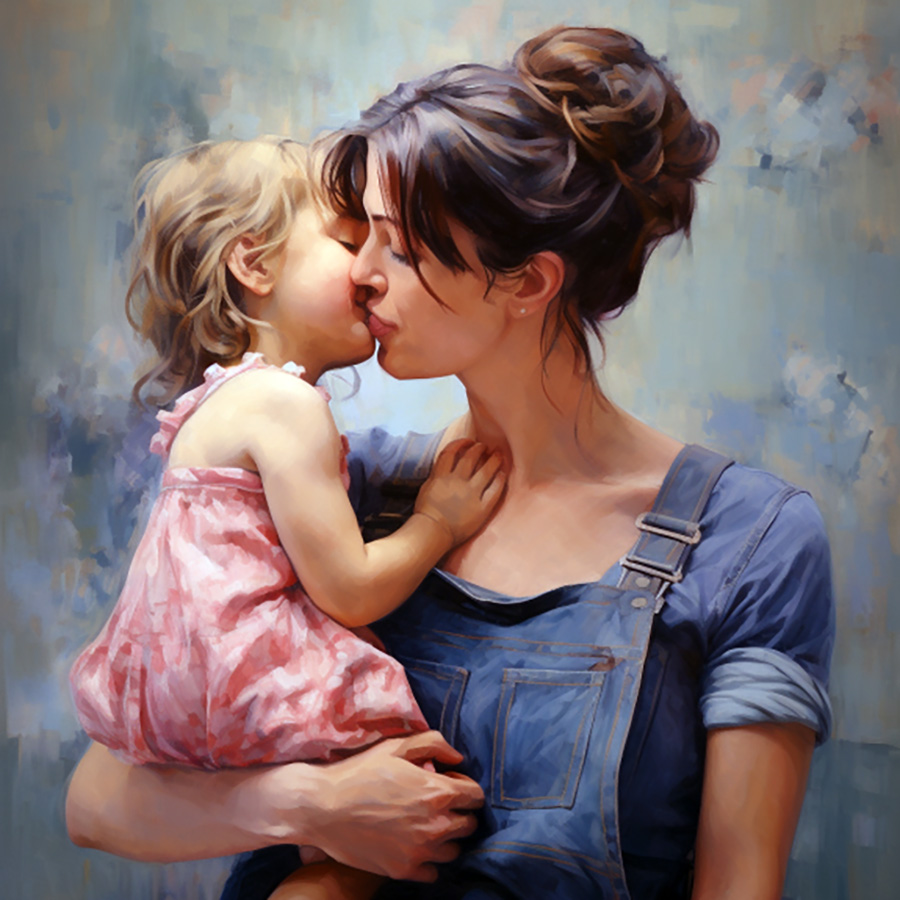
A heart-wrenching story of a mother'd love behind bars, struggling to keep a bond with her son as the prison system and harsh realities of poverty, family strain, and bureaucracy press her to surrender. A powerful, tender portrait of motherhood, loss, and reluctant sacrifice
|

A tender coming-of-age story capturing the spark of first love, as a boy's springtime crush blossoms during a frog-catching adventure. With charm, warmth, and quiet longing, Crush beautifully evokes the thrill and awkwardness of youthful affection.
|

In the aftermath of a bus crash, a war veteran trapped in his trauma disconnects from those around him. With stark, unsettling precision, this flash fiction confronts the lingering violence of combat and the fragile illusion of normalcy.
|

In a kitchen charged with tension, Maya prepares eggs, tea, and thunder. A lyrical story of quiet resistance, atmosphere, and the fragile weather inside a marriage. Originally published in The Linnet’s Wings, Autumn 2010. Part of the Pilgrimage tag series.
|
Story: Hammons, Harris, Joslin, Press
|
|
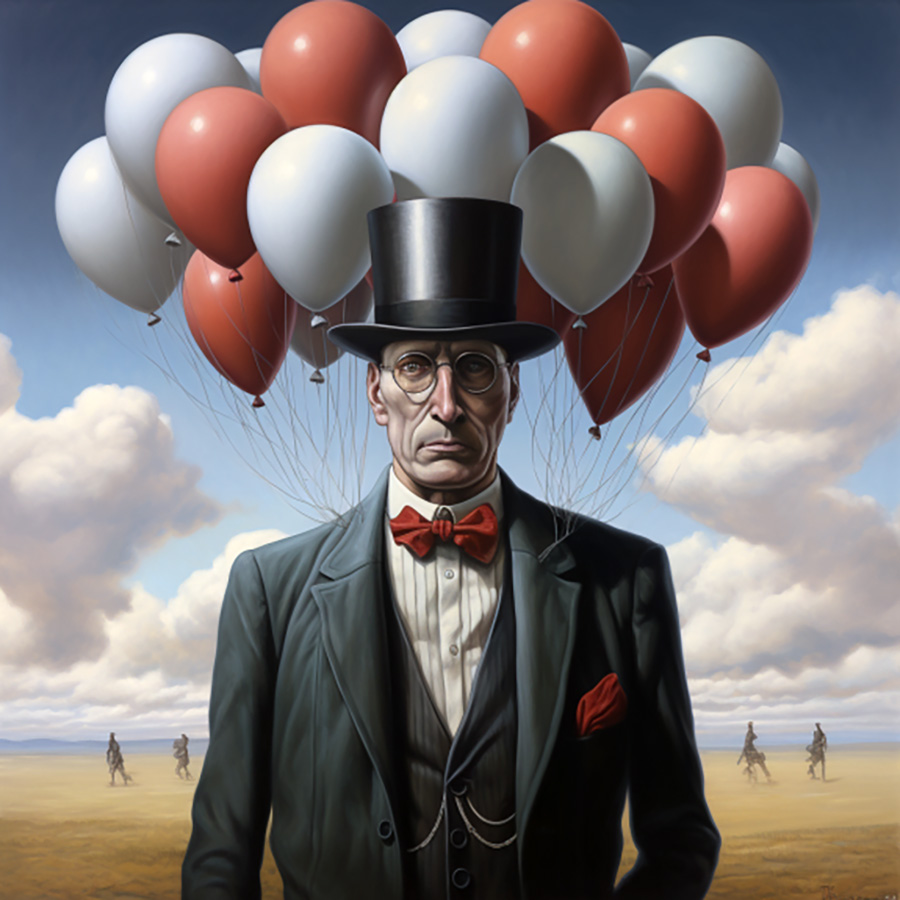
A second grader discovers the magic of poetry and jazz through a free-spirited substitute teacher, only to have the world pull her back to phonics and sums. A tender, bittersweet portrait of creativity, loss, and the echo of a mother’s could’ve-been.
|

A shy boy forms a secret bond with his grandfather through sign language, awakening self-belief and a future in performance. A tender coming-of-age memoir about memory, connection, and how shared language, spoken or signed, can transform silence into legacy.
|

Three sharp, wry snapshots of life in Belfast, where religion, identity, and humour collide. From a stranger’s unexpected kindness to tense family dinners and flirtation across divides, Joslin captures the city's charm, wit, and quiet resilience in a few deft strokes.
|

In a quiet Spanish station, a traveler watches a man searching every arrival for a face from a fading photograph. As trains come and go, memory, longing, and stillness unfold in a poignant meditation on time, youth, and the lives that pass us, and wait for us, in the stations of the world.
|
July 2 by Neil Dyer
Running
child at
play, all ribby and
smooth-limbed; you’ll not recall
today yet it will be
mine to linger on some fall
afternoon when I am
seated in a chair by a window. It
will die with me,
unrepeated, these foolish few minutes
running
through the sprinkler
with the
new cut grass sticking to
your pink and flashing feet;
running
with your sister in the
heavy heat as the water
falls in fountains drops,
silver drops, a cool
curtain on your children
skins; and I, feeling
childlike, too, in the falling
evening picked you
squealing under arm and
dashed through the water,
too, you two, smiling,
soaking, whooping,
running
in the fading sunlight
under ash trees rattled
by a hot south wind.
And then it’s gone,
this moment, hustled off
to bed to leave me
later standing at the
window watching your
ghosts dance upon the lawn.
Fiction: Freese and Asante

|

|
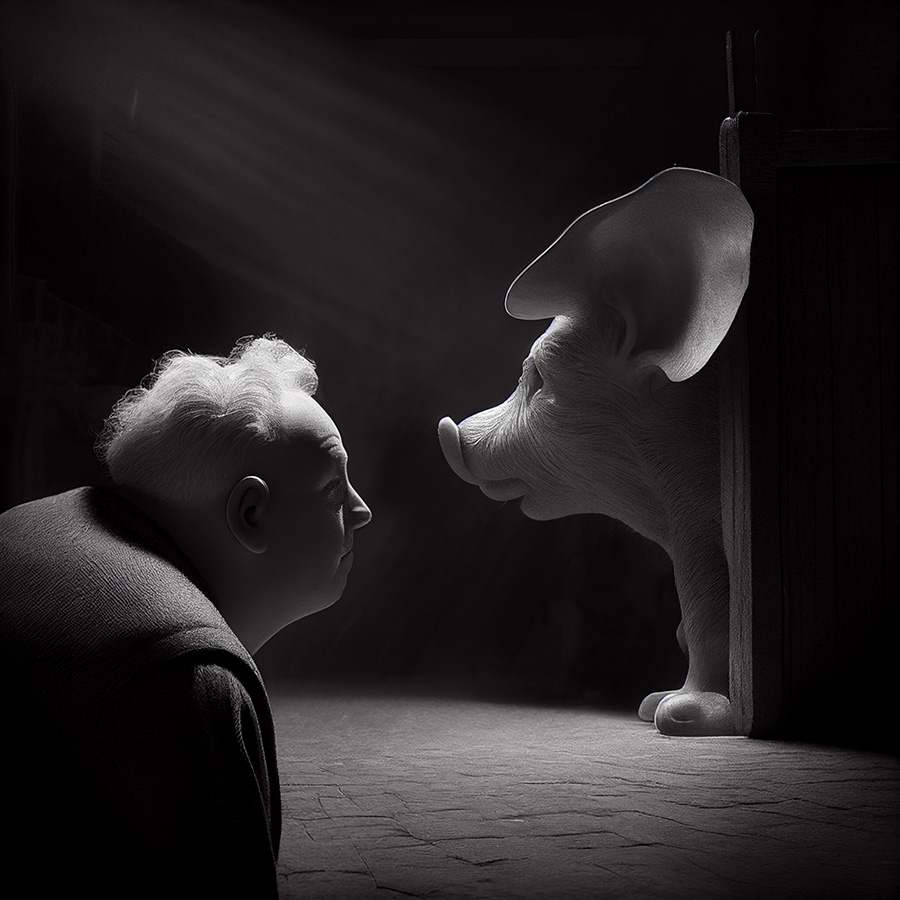
After his daughter's wedding, a reclusive chicken farmer begins to notice signs of angel dust on his land. A quiet, moving story about grief, tradition, and reluctant grace. First published in The Linnet's Wings, Autumn 2010. Part of the Pilgrimage tag series.
|
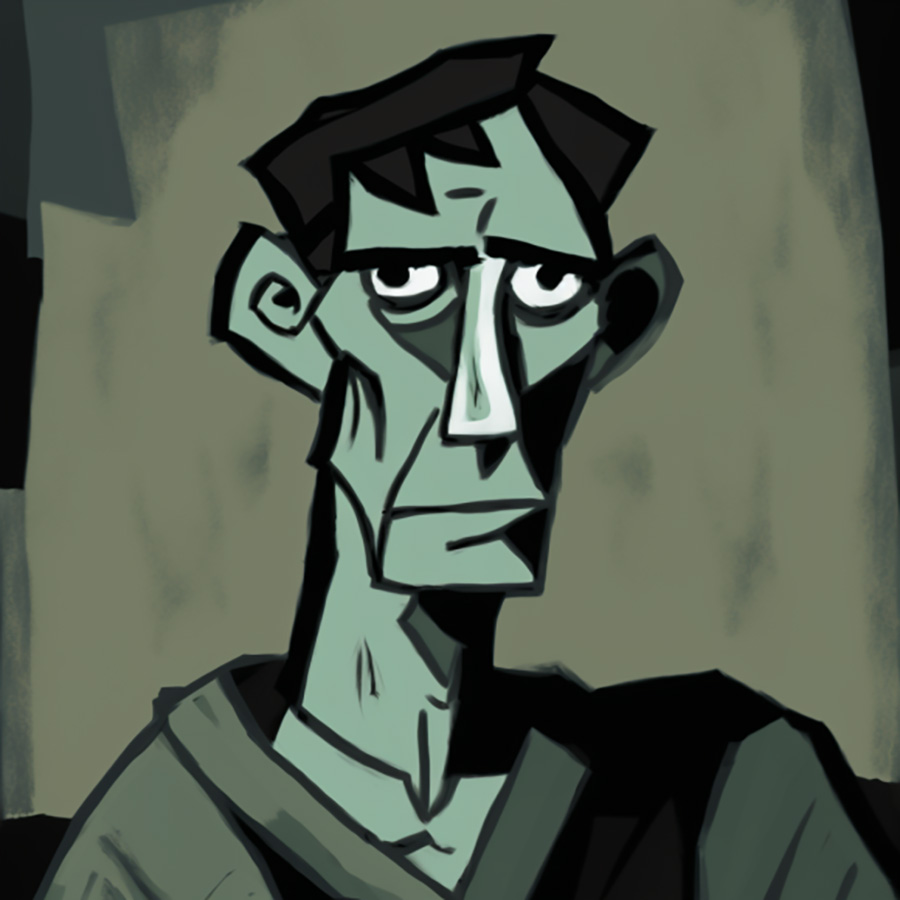
When Chloe appears at Matt’s door, soaked and abandoned, old habits tempt him back. But Eve is in his life now, or so he thinks. As morning breaks, two women bond over coffee, and Matt realizes too late he’s caught between desire, duplicity, and the memory of a scar he thought had healed.
|
Poetry by Dyer, Classic Conrad, Illustrations by Nero

'Terrier Art' by Pepe Nero
|
|

Joseph Conrad's preface to Narcissus is a profound meditation on the purpose of art and the artist's task: to make us see, feel, and remember. It affirms the enduring truth found in beauty, mystery, and shared human experience across time, temperament, and silence.
|
|

A tender poem recalling a fleeting summer moment: children running through sprinklers, laughter mingling with the evening heat. The memory, though lost to the child, becomes a quiet treasure for the parent, one that will linger through seasons of reflection.
|
Editors for Review Fall 2010
Managing Editor
M. Lynam Fitzpatrick
Editors for Review
Ramon Collins
Nonnie Augustine
Yvette Managan
Consulting on Copy
Digby Beaumont
Contributing Editors
Martin Heavisides
Bill West
Russell Bittner
Consulting on Photograpy
Maia Cavelli
Front Cover Design
Pepe Nero
Illustrations
Pepe Nero
Web Database Design and Management
Peter Gilkes
Online Offices: Provided by Zoetrope
Virtual Studio
Web Hosting: Provided by ddWebsites.com
Design © TheLinnetsWings.net @2010
Founded in, Edgeworthstown, Co. Longford,
in 2007
Publisher: M. Lynam Fitzpatick
Office address,: 6 Druim Cala, Dromod, Co.
Leitrim, Rep. of Ireland
First Impression, 25th Oct. 2010
ISSN 2009-2369
ISBN is 1 45630261 2
EAN-1 3 is 9781 45630261 0.































